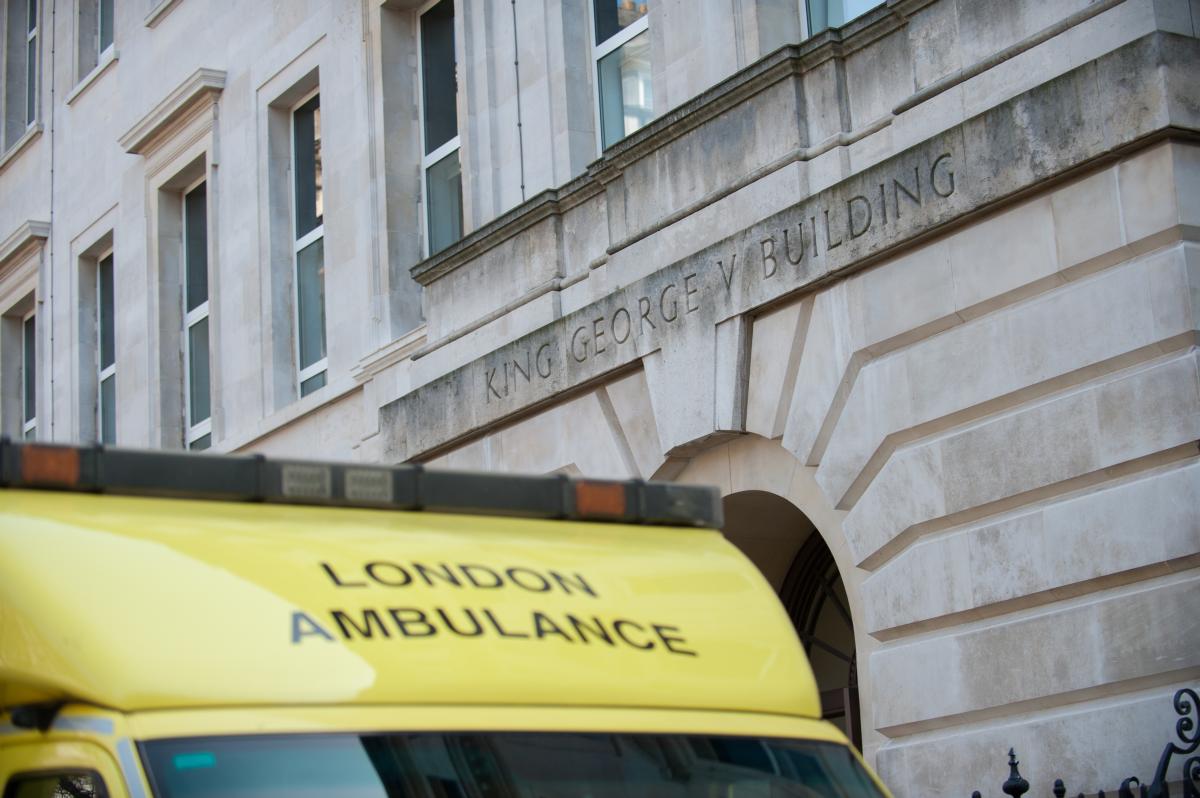Specialist centres hold key to keeping heart attack victims alive, major study shows

A trial led by Barts Health and Queen Mary University of London researchers looking at the effect of stem cell therapy in treating heart attack patients has revealed the importance of specialist centres to extending life.
In the biggest pan-European trial of stem cell therapy to date, researchers found that 3.5% of patients who had suffered a heart attack will go on to die within two years, down from between 11-12% when the study began seven years ago.
The team attributed this fall to the impact of specialist centres which provide 24 hour emergency care for anyone suspected of having a heart attack.
Heart attacks most commonly occur when one or more of the coronary arteries — a network of blood vessels that supply blood to the heart — become blocked.
Ambulance crews, trained to recognise when such an incident is happening, transport patients directly to a centre instead of the nearest emergency department, where they are given access to a team with the specialist expertise and equipment.
Treatments include rapid deployment of stents to improve heart blood supply and the use of temporary pumps to assist the heart if its weakened.
There are currently eight heart attack centres across London, with the service at Barts Heart Centre at St Bartholomew’s Hospital among the largest.
In the first phase three clinical trial of its kind, published in the European Heart Journal, researchers found that autologous therapies (treatment that uses an individual's cells or tissues, which are processed outside the body and reintroduced into the donor) may have a positive impact on the recovery of heart attack patients. But, due to the small number of patients with events in the trial, it is difficult to be conclusive.
As specialist centres are so effective at treating such patients, any new treatment, including use of stem cells, would have to have significant benefit for it to be trialled and rolled-out more widely.
Prof Anthony Mathur, consultant cardiologist and director of interventional cardiology at St Bartholomew’s Hospital and Professor of Cardiology at Queen Mary, who led on the research, said: “Although a number of people are still dying from heart attacks, this figure is much lower than when we started the trial.
“Centres are in fact doing such a good job that it makes finding suitable patients to recruit into new trials a challenge, and means that any novel treatments will have to have a massive impact for them to go ahead.
“The findings reinforce the strategy of diverting patients who are having a heart attack to specialist centres, not just here in the UK but across Europe.”
The trial, funded by the European Commission, is the latest in a series from Barts Health and Queen Mary University of London researchers into the role of stem cell therapy in treating heart failure patients for whom all other treatment options have been exhausted.
Since 2016, a therapy using patients’ own stem cells has been provided via a specialist unit set up by Prof Mathur at St Bartholomew’s Hospital and funded by the charity Heart Cells Foundation.
It is the only centre in the UK offering such treatment in this way.
Prof Mathur’s findings were presented to the European Society of Cardiology Congress 2020.
Read more
Read the full paper in European Heart Journal
Watch the presentation from ESC Congress 2020
Compassionate Treatment Programme at St Bartholomew’s Hospital
St Bartholomew’s ranked number one in cardiac arrest survival rate
